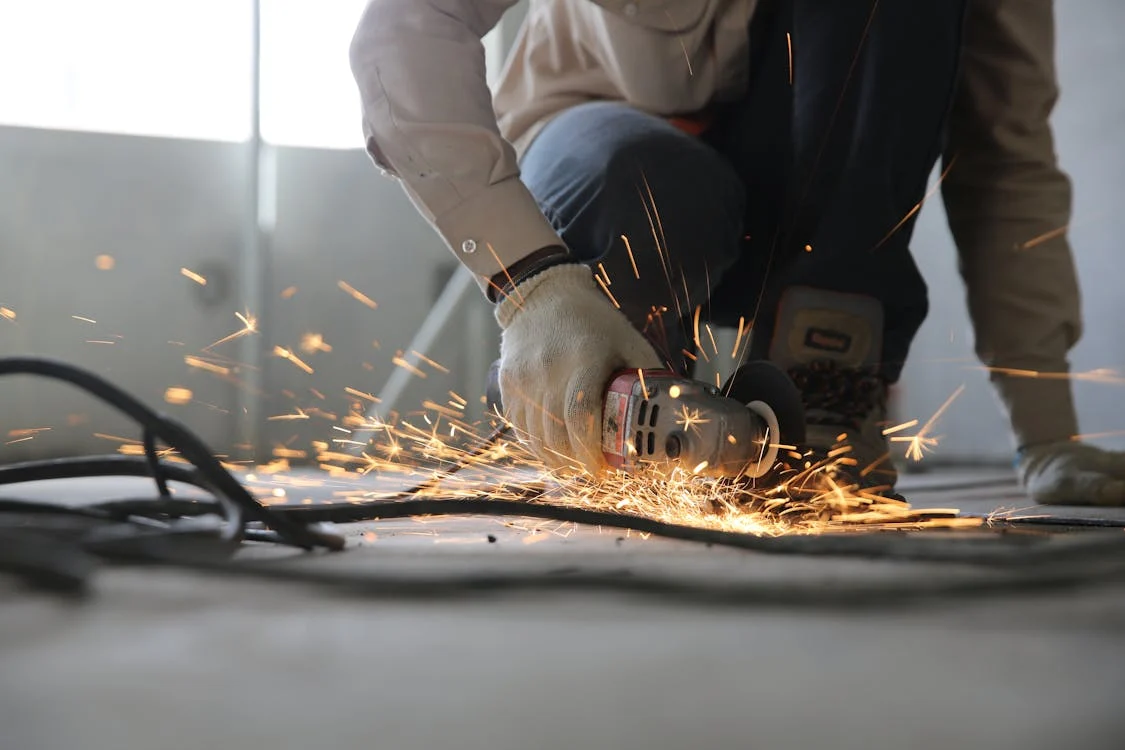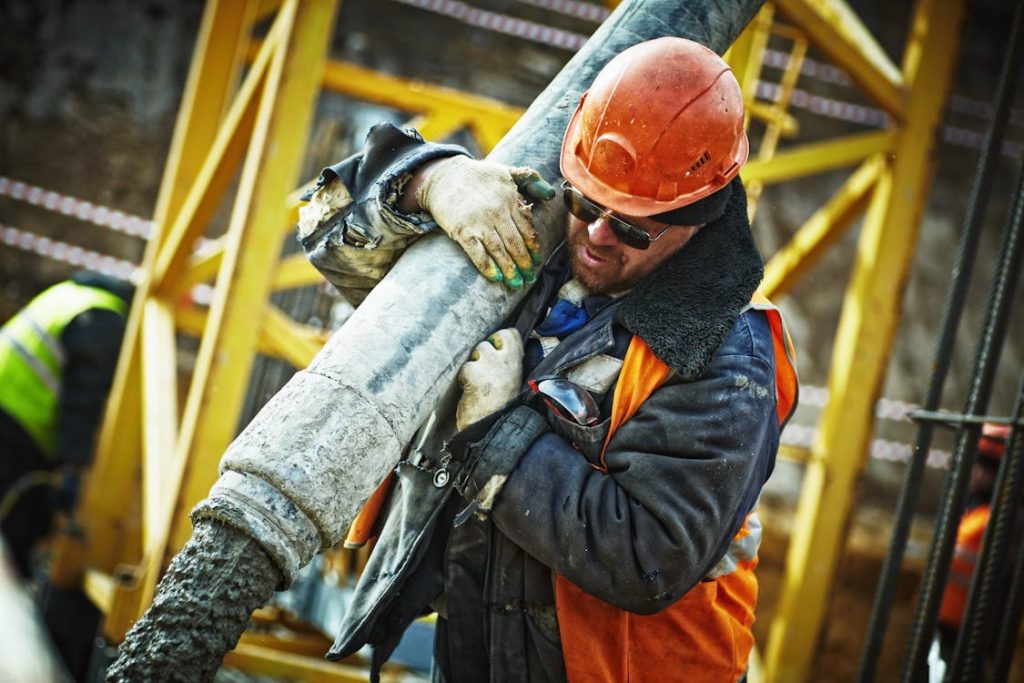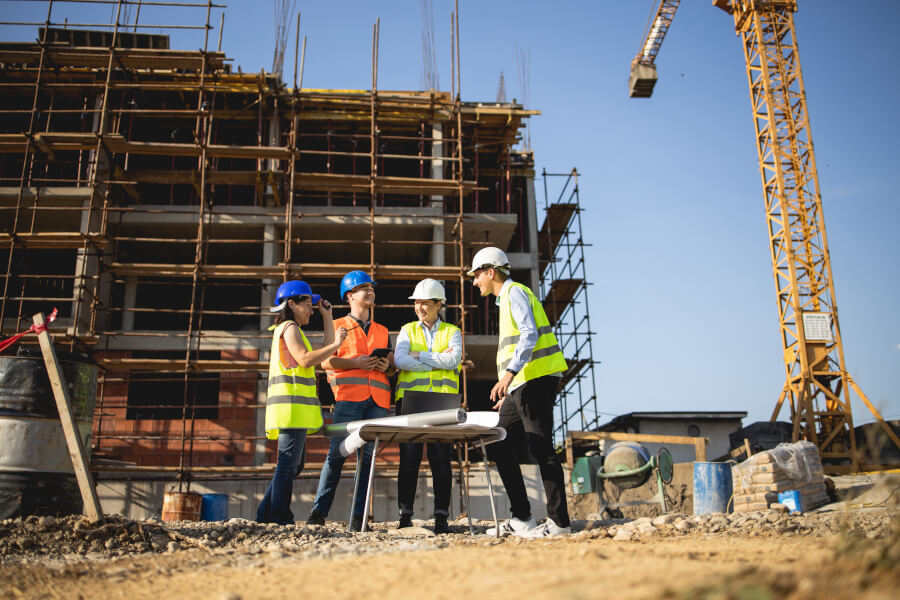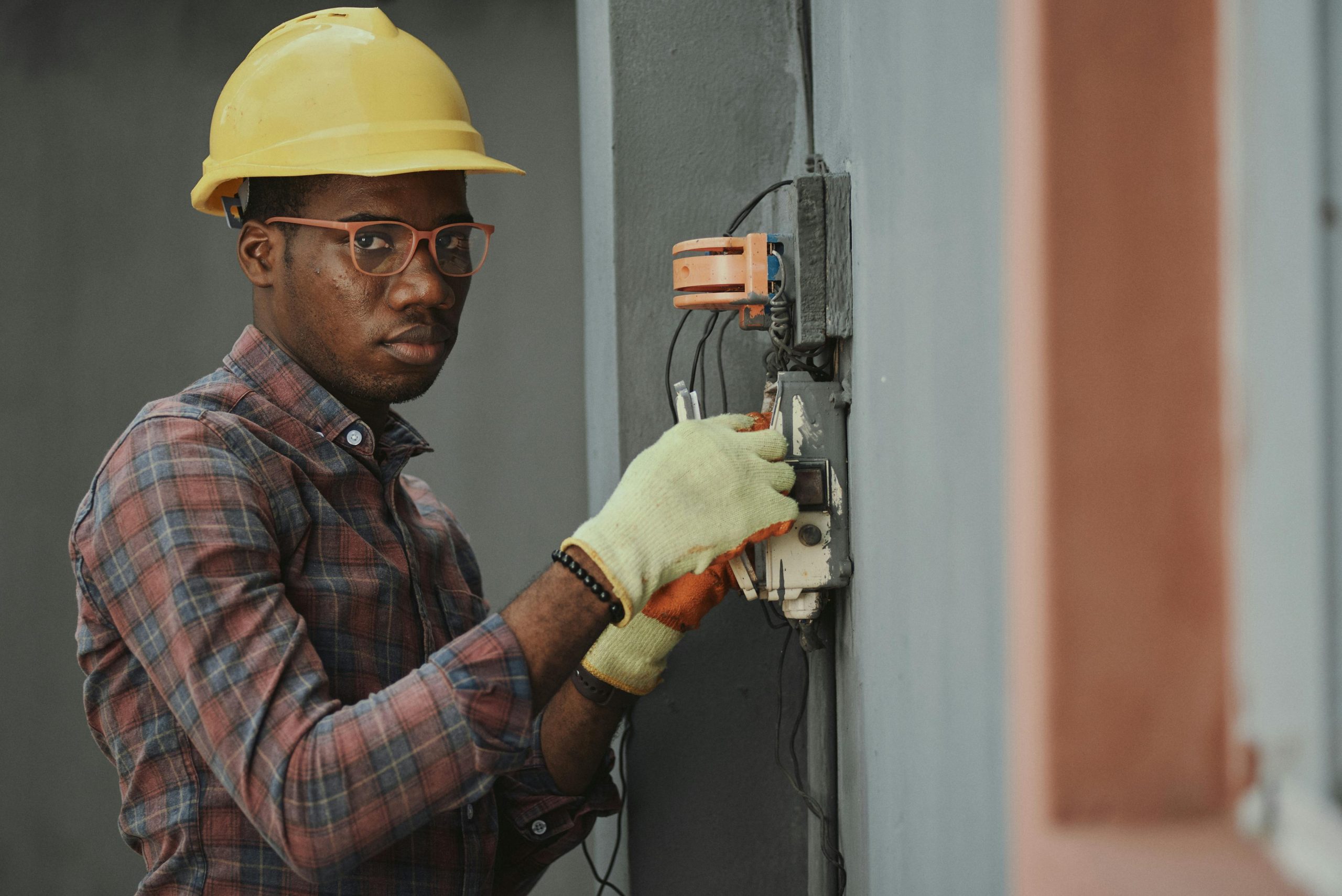Effective Strategies to Retain Talent in the Construction Sector

The construction industry faces a persistent challenge that’s becoming increasingly difficult to ignore – keeping good people on board. With skilled workers in high demand and projects becoming more complex, construction companies are finding themselves in a tough spot to find and keep skilled staff.
At PPR, we’ve been recruiting for the construction sector since 2004, and we’ve seen firsthand how retention issues can impact project timelines, team morale, and ultimately, the bottom line.
We feel that understanding why workers leave and what steps you could put into place to retain them is the first step toward creating a workplace they want to stay in.

Why Construction Workers Leave Their Jobs
Before diving into solutions, it’s worth looking at the common reasons construction professionals move on:
- Pay concerns: Often the most straightforward reason – workers feeling undervalued financially. Budgets are tight, but this is an unavoidable reason why employers look elsewhere.
- Lack of career development: No clear path forward in their current role
- Poor working conditions: From basic site facilities to safety concerns
- Work-life imbalance: Long hours and unpredictable schedules
- Workplace culture issues: Feeling unappreciated or dealing with difficult relationships
With these factors in mind, let’s look at practical approaches that construction companies can implement to keep their best talent.
Career Progression
Many construction workers leave simply because they can’t see where their job is heading. Creating clear career ladders with defined steps between roles gives workers something to aim for. This doesn’t mean constant pay rises and promotions, simply that ambitious staff can see a route up.
This doesn’t need to be complicated – a simple document outlining the skills and achievements required to progress from groundworker to supervisor to site manager can be enough to show staff there’s a future for them in your company.
Make career discussions part of your regular check-ins with staff. Even a quick 15-minute chat every few months about where someone wants to go in their career can make them feel invested in.
Site Conditions
Never underestimate how much everyday comforts affect job satisfaction. Clean, well-maintained toilet facilities, a decent area to eat lunch, and protection from the elements might seem basic, but they signal respect for your workforce.
A strong safety culture doesn’t just prevent accidents – it shows workers you value their wellbeing. Regular toolbox talks, proper PPE without cutting corners, and listening to safety concerns all contribute to a workplace where people feel looked after.

Foster a Positive Workplace Culture
A culture where good work gets noticed makes a huge difference. This can be as simple as publicly thanking someone who’s gone above and beyond, or as formal as an employee recognition program with rewards such as an employee of the month scheme.
Construction has, at times, a slightly archaic image with people imagining an environment that might not suit them. Having clear policies against bullying and harassment, and actively enforcing them, creates a workplace where everyone feels respected and can be attractive for job seekers.
Provide Ongoing Training
Construction techniques and materials evolve constantly. Offering regular upskilling opportunities keeps your workforce current and shows investment in their development. With the industry heavily moving towards renewables and green construction, teaching these skills can be a massive positive for employees.
Allowing workers to learn skills outside their primary role creates a more flexible workforce and gives individuals more variety in their work. A bricklayer who can also handle basic carpentry becomes more valuable, both to you and themselves.
Listen and Respond
Perhaps the most important strategy is the simplest – listen to your workers. Regular, anonymous surveys, feedback sessions, and one-on-ones can highlight issues before they become reasons to leave.

Build a Workforce That Lasts
Keeping skilled construction workers is about building a stable, experienced team that delivers quality work and maintains your company’s reputation. You’ll save costs from recruiting and start to create a great culture of people who have been with you for numerous years.
The strategies outlined above don’t require massive investment, but they do need genuine commitment. When workers feel valued, see a future with your company, and enjoy their daily work environment, they’re far less likely to be tempted by offers from competitors.
At PPR, we specialise in finding the right people for construction roles. If you’re facing retention challenges or want to discuss recruitment strategies that lead to lasting hires, get in touch with us on 01895 808188, email us at info@ppronline.co.uk, or use our online contact form.
Frequently Asked Questions
How much does it typically cost to replace a skilled construction worker?
Replacing a skilled worker can cost between 50-200% of their annual salary when you factor in recruitment fees, training time, reduced productivity during onboarding, and administrative costs. For specialised roles, the costs can be even higher.
What’s the most common reason construction workers cite for leaving their jobs?
In our experience, while pay is often mentioned, the most common underlying reason is feeling undervalued – whether that’s through lack of recognition, poor conditions, or no visible career path.
Can small construction firms compete with larger companies on retention?
Absolutely. Smaller firms often have advantages in creating close-knit teams, offering more varied work, and providing direct access to management. Many workers prefer the family feel of smaller operations over the corporate structure of larger firms.






